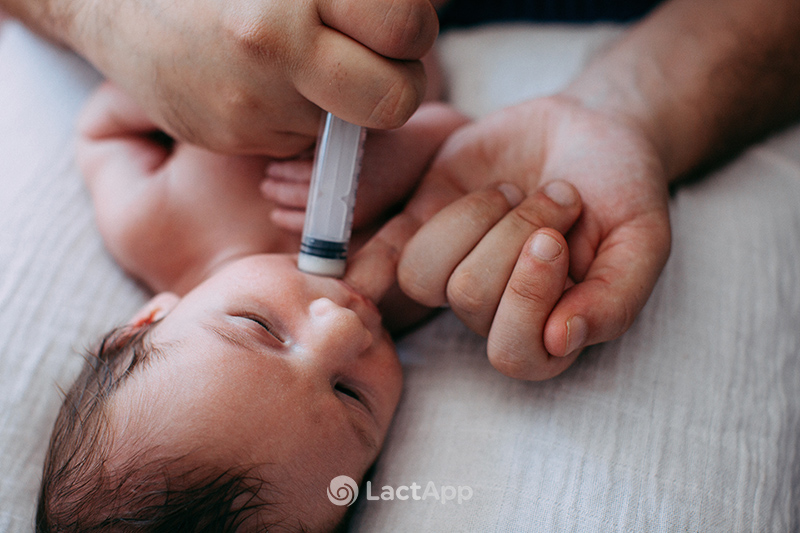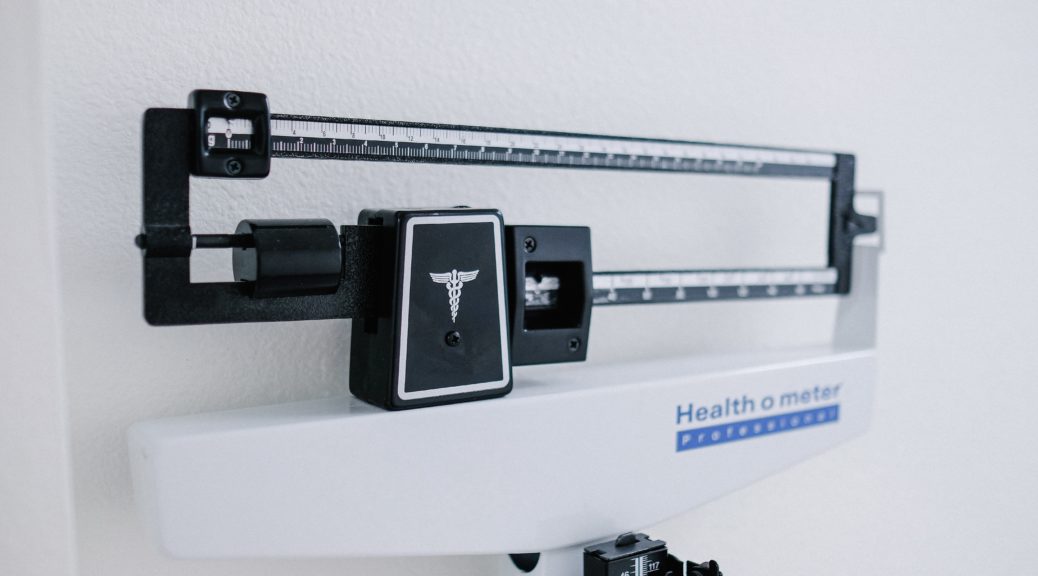Does the clock change affect breastfeeding?
This weekend, the time in Europe, the UK and later in many other places (such as Eastern Time timezone) will change, and clocks will be set one hour forward as we move back into winter time. If you have a baby, you may wonder, does the time change affect breastfeeding? Adults and children can be affected by these changes, which tend to be felt especially by the youngest and, consequently, by their parents. Adapting when there is a set schedule…









